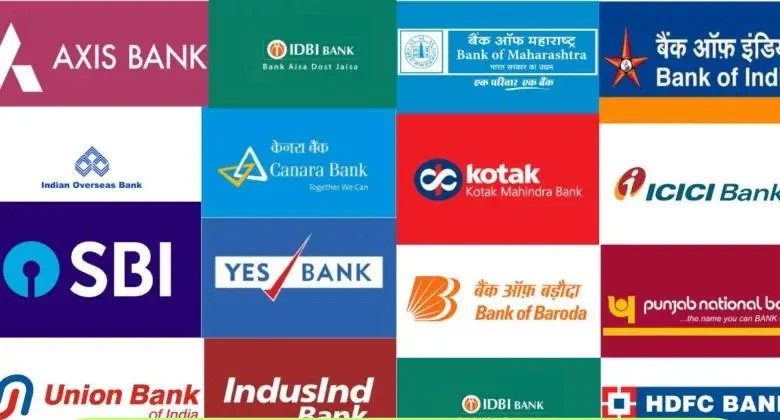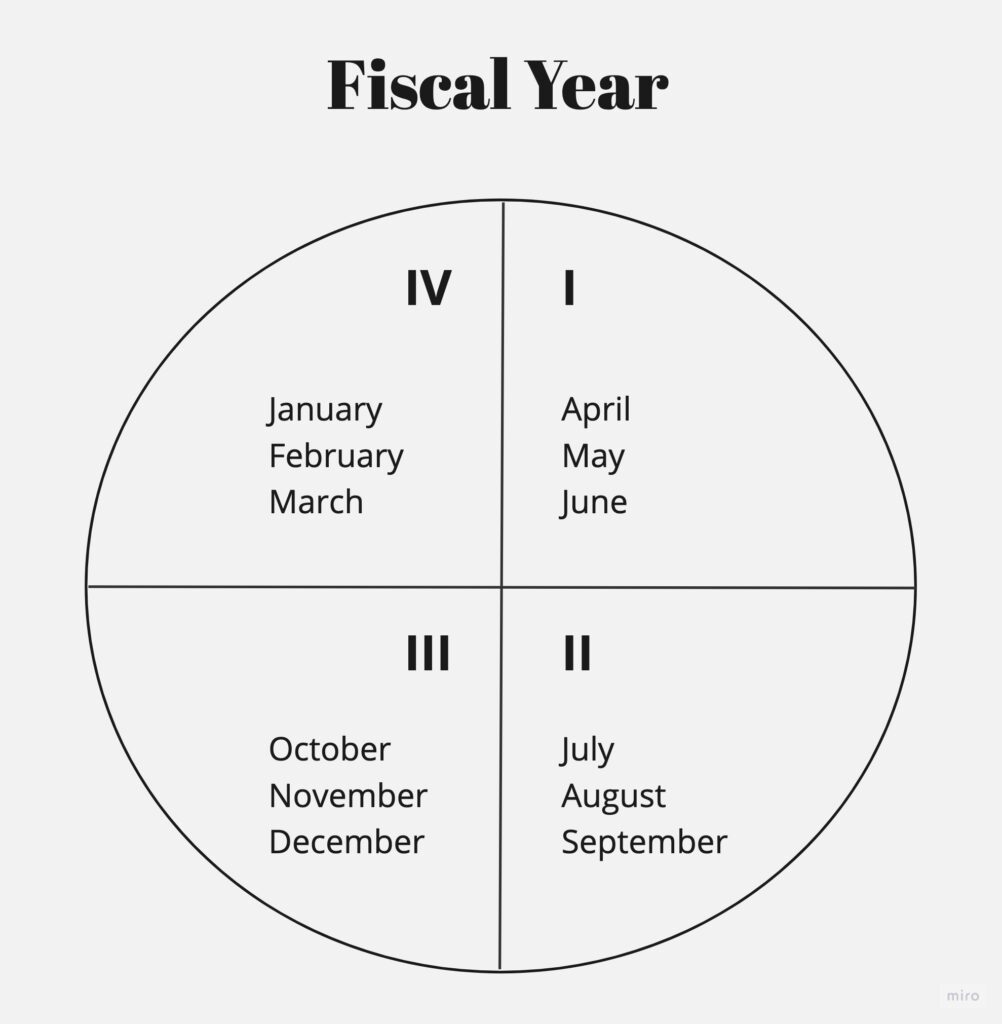The Government of India, in close coordination with the Reserve Bank of India (RBI), has issued a directive requiring all 27 agency banks to remain open for public transactions on March 31, 2024, which happens to be a Sunday.
This unprecedented move aims to facilitate the timely processing of government receipts and payments before the closure of the fiscal year 2023-24. The directive applies to a diverse range of banks designated as agency banks, including both public and private sector entities.

Facilitating Customer Transactions and Year-End Processing
By keeping agency bank branches operational on a Sunday, the government seeks to provide convenience to customers who need to conduct transactions related to government receipts and payments.
This decision ensures that individuals can complete their financial tasks without having to wait until the next working day, allowing for smooth processing of transactions within the current fiscal year.
A key objective behind this directive is to ensure that all government transactions pertaining to receipts and payments for the fiscal year 2023-24 are accounted for within the stipulated timeframe.
The extended banking hours on March 31 are intended to streamline the processing of these transactions and avoid any potential delays or backlogs due to the fiscal year-end closure.
Ensuring Public Awareness and Information Dissemination
The Reserve Bank of India has instructed all agency banks to actively inform customers about the availability of banking services on March 31 through various channels. These include social media platforms, official websites, SMS alerts, and other communication platforms accessible to the general public.
This widespread awareness campaign aims to ensure that citizens are well-informed about the opportunity to visit bank branches and conduct transactions on the designated day.
Collaboration of Public and Private Agency Banks
The list of 27 agency banks encompasses a diverse range of financial institutions, including several prominent public sector banks (PSBs) such as Bank of Baroda, Bank of India, Canara Bank, Punjab National Bank, and the State Bank of India. Additionally, reputed private sector banks like Axis Bank, HDFC Bank, ICICI Bank, IndusInd Bank, and Kotak Mahindra Bank are also designated as agency banks, underscoring the collaborative effort between public and private entities to facilitate efficient financial management.

Preparing for Increased Transaction Volumes With the anticipated surge in transaction volumes due to the fiscal year-end, the government’s directive aims to ensure that agency banks are adequately prepared to handle the additional workload efficiently.
Banks are expected to deploy additional staff and resources to manage the influx of customers, ensure smooth operations, and minimize congestion at branch locations. This proactive measure is crucial to providing a seamless banking experience for customers during this critical period.
Public Advisories and Customer Readiness
In the lead-up to March 31, agency banks are likely to conduct comprehensive public awareness campaigns to inform customers about the availability of services on that Sunday. Customers can expect to receive regular updates through various channels, including social media, SMS alerts, email communications, and traditional media outlets.
It is advisable for individuals to stay updated on communications from their respective banks and plan their transactions accordingly to take full advantage of this exceptional banking day.
By providing extended banking hours, the government seeks to facilitate timely processing of transactions related to government receipts and payments while also offering convenience to customers.
Ensuring Fiscal Year-End Compliance and Efficiency
The Reserve Bank of India’s directive to keep all agency banks open on March 31, 2024, a Sunday, stems from the critical need to ensure timely compliance with fiscal year-end requirements and efficient financial management. This decision underscores the vital role played by agency banks in facilitating government transactions and maintaining transparency in financial operations.

A Pivotal Juncture As the fiscal year 2023-24 draws to a close on March 31, 2024, the government faces a crucial juncture in accounting for all receipts and payments within the stipulated timeframe.
Historically, March 31st was considered the financial year-end, and banks were typically closed on this day to allow for year-end accounting, reconciliation, and administrative tasks.
However, recognizing the importance of timely processing and compliance, the RBI has taken the proactive step of keeping agency banks open on March 31, 2024.
For instance, eligible taxpayers must submit an updated income tax return (ITR-U) for Assessment Year (AY) 2021-22 (FY 2020-21) by March 31, 2024. Additionally, individuals and entities obligated under income tax laws must deduct TDS (Tax Deducted at Source) and file challan statements for tax deducted under specified sections by the end of the fiscal year.
The successful implementation of this directive will require effective coordination between the government, the Reserve Bank of India, agency banks, and the general public. Public awareness campaigns and customer preparedness will be crucial in ensuring that citizens can take full advantage of this exceptional banking day.
With a diverse range of public and private sector banks designated as agency banks, this initiative underscores the collaborative efforts undertaken to prioritize customer needs and promote efficient financial operations during a critical period.
As India continues to expand its financial reach and promote inclusive growth, the role of agency banks in handling government transactions, fostering financial inclusion, and contributing to economic development at the grassroots level cannot be overstated.
Also Read: Zomato Goes Green with ‘Pure Veg Mode’ – A Veggie Delight for 1.4 Million Restaurants












Comments 2